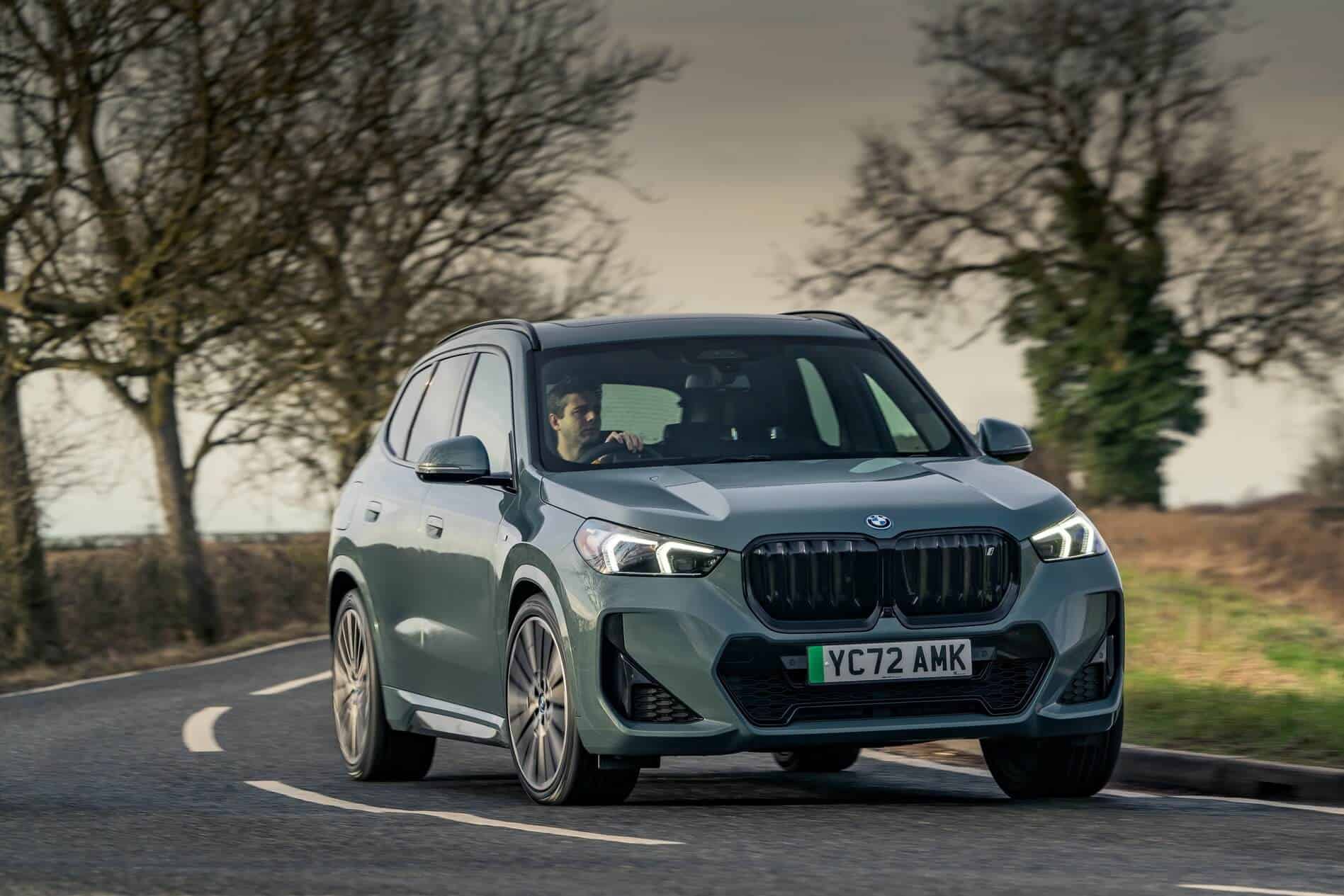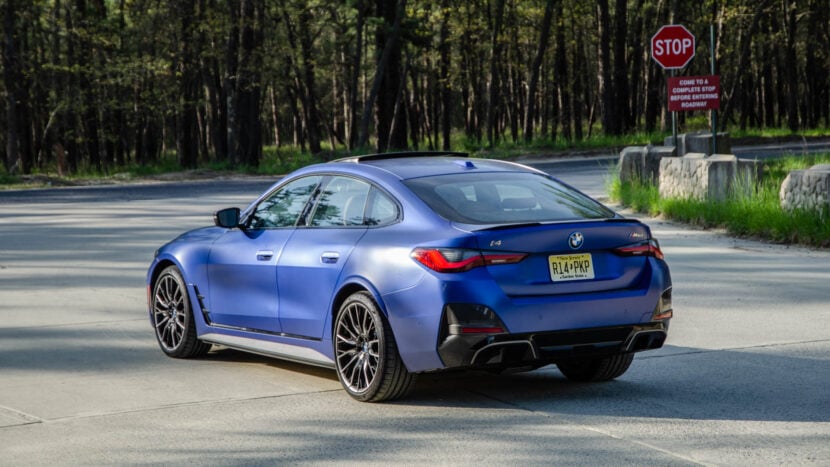The BMW core brand delivered 517,957 vehicles in Q1 2023, representing a decrease of -0.4% compared to the first three months of last year. However, demand for purely electric vehicles more than doubled in this interval, reaching 55,979 units or +112.3% more than in Q1 2022. The German luxury marque mentions demand was particularly high for the iX, i7, i4, and the iX3.
The rest of the year is shaping up to be quite promising considering BMW is months away from unveiling the next-generation 5 Series Sedan with its first-ever i5 electric sibling. Near the end of the year, the Munich-based marque will take the wraps off the iX2 and i5 Touring. Out of all EVs already available or about to join the lineup, chances are the iX1 will prove to be the most popular given its more attainable price tag. It’s not a direct i3 successor, but from a business perspective, perhaps that’s for the better since people can’t seem to get enough of crossovers these days.
For 2023, the whole BMW Group (including MINI and Rolls-Royce) wants EVs to account for at least 15% of all sales. In 2024, the percentage is estimated to grow to 20% and go on to reach 25% in 2025. By 2026, one in three cars sold by the automotive conglomerate won’t have a combustion engine. At the end of the decade, BMW projects EVs will represent more than half of annual sales.
To get there, a veritable EV onslaught is planned by introducing at least six models based on the Neue Klasse platform by 2028. Leading the way will be a sedan and a crossover in the 3 Series segment, scheduled to arrive in 2025. BMW has already announced major investments in its existing factories to prepare them for the new wave of EVs, which will initially come from the Debrecen plant in Hungary. As a reminder, MINI and Rolls-Royce will exclusively sell EVs beginning in the next decade.
Source: BMW






































































